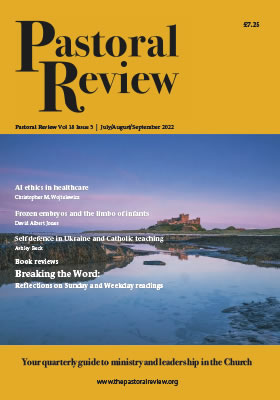The worldwide refugee situation continues to worsen, but there are some grounds for hope. Public attitudes are more sympathetic than we are led to believe, but working in the sector takes its toll, writes Ben Ryan.
No one should ever fall into the trap of thinking that refugee policy is an area with easy solutions. The UNHCR estimate that as of the end of 2020 – as a result of persecution, conflict, human rights violations or public order issues – there are 82.4 million people worldwide who have been forced to flee their homes.1
The war in Ukraine will have appalling consequences not only for the Ukrainian people, but also in knock-on terms for the world’s food supplies. In poorer countries, especially those already facing financial stress because of the pandemic, higher food prices risk being devastating. Much of the wheat from Ukraine and Russia is also a source of supply for Asia, Africa and the Middle East. Those responding to famine-stricken countries like Yemen and Afghanistan face an unenviable challenge. The political repercussions of this conflict in poor and middle-income countries should not be underestimated. When food prices rose in 2008, it helped to spark the Arab Spring and eventually civil war in Syria. Russia’s invasion of Ukraine has sown the seeds of a crisis that will be felt well beyond Europe’s border. Already as of January 2022 average food inflation around the world had hit 7.8 per cent, the highest in seven years. Since the invasion, the price of wheat has already increased by more than 50 per cent.2



